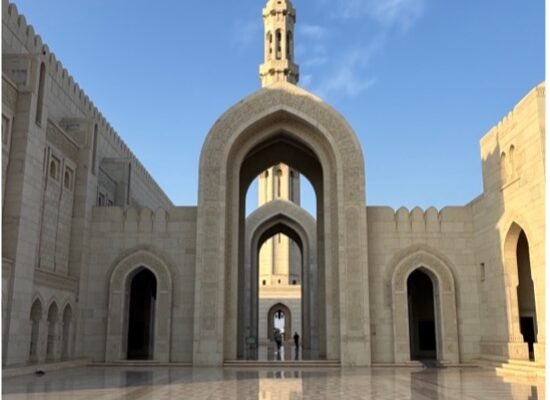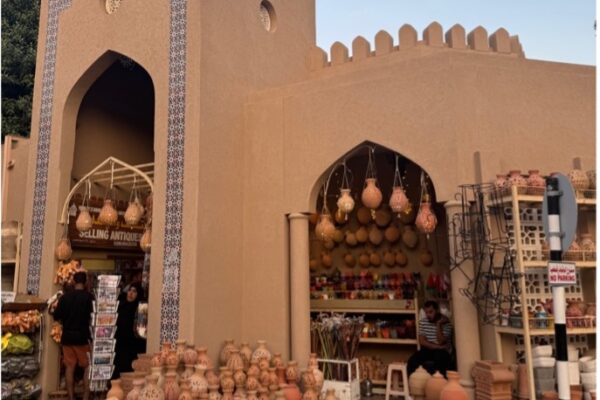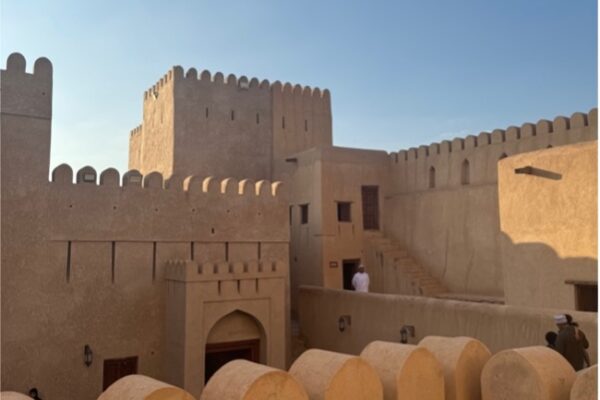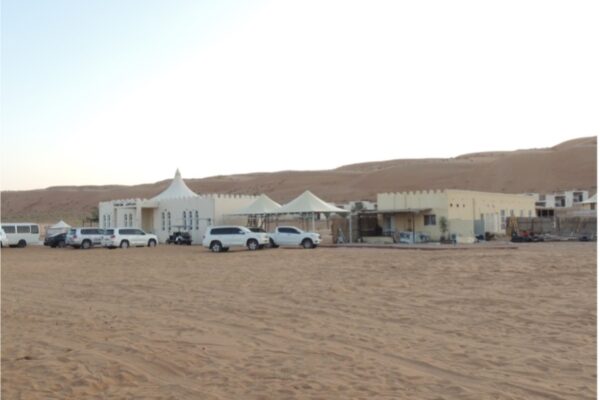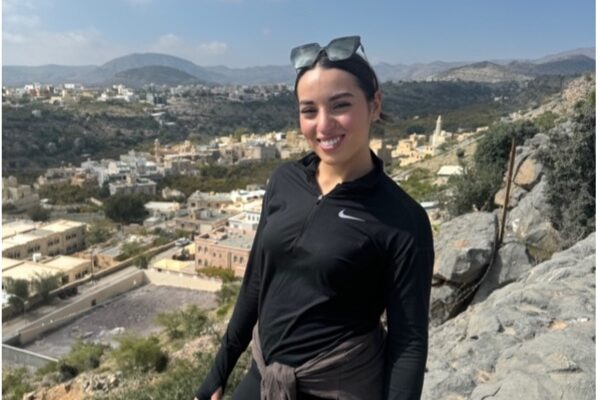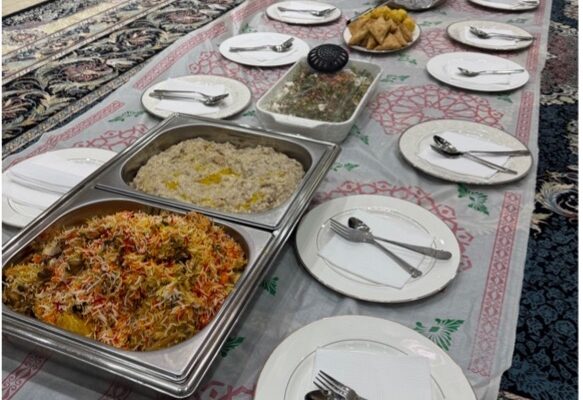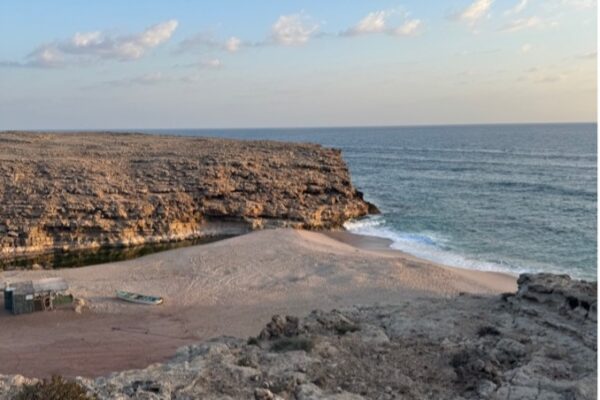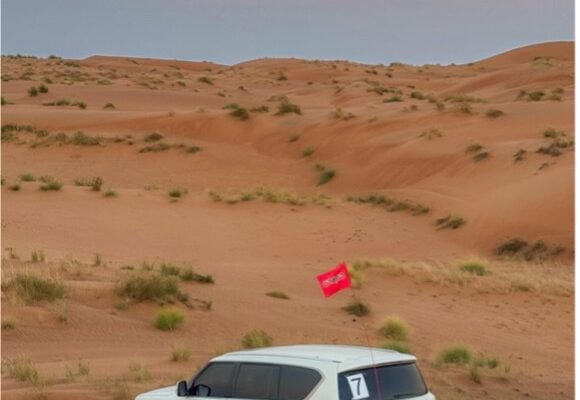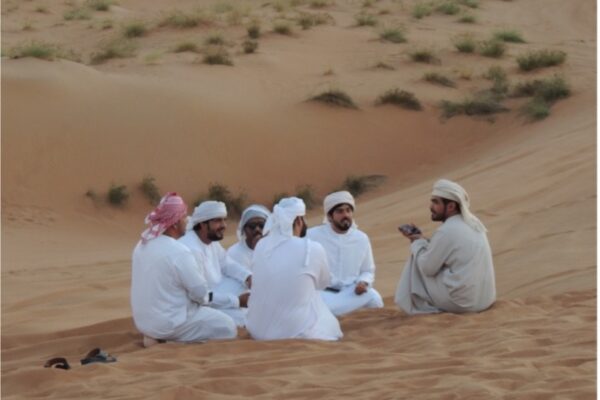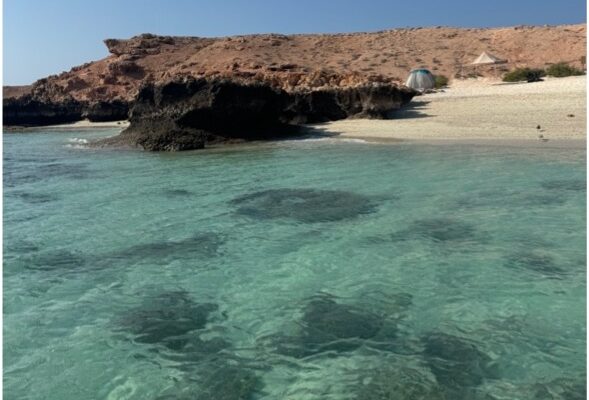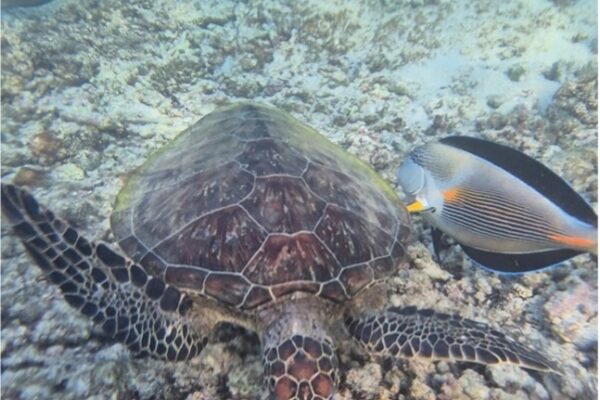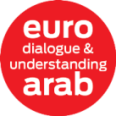'My six weeks in Oman were a transformative experience... [it] broadened my clinical skills but also enriched my understanding of cultural diversity in healthcare'.

Would you also like to benefit from our Travel Grants? Our applications are open all year! Find out more about the application procedure and criteria here
From November 11th to December 20th, 2024, I had the privilege of completing a six-week elective in the Department of Gynecology and Obstetrics at Sultan Qaboos University Hospital (SQUH) in Muscat, Oman. This experience offered me the opportunity to step outside the familiar Dutch healthcare system and immerse myself in the medical practices and cultural norms of the Middle East. My aim was to gain clinical experience in a well-developed healthcare setting while also deepening my understanding of the cultural and social aspects that influence patient care in this region.
The clinical aspect of my elective was both challenging and rewarding. At SQUH, I was actively involved in various departments, including the emergency gynecology unit, operating theaters, labor wards, and outpatient clinics. My daily activities included preparing patient cases, conducting physical examinations, assisting in surgeries, and contributing to treatment plans under the supervision of specialists. The structured healthcare system, inspired by the British model, provided a unique learning environment.
The hospital environment reflected a strong blend of modernity and tradition. Most healthcare professionals were highly trained, with many having completed part of their education in countries like the UK or Canada. However, cultural and religious values played a significant role in patient care. For instance, male gynecologists were rarely involved in physical examinations or deliveries due to cultural norms, and consent from patients or their families was essential for their involvement.
Language was another important aspect of my experience. While English was the primary language among staff, Arabic was often used with patients. My ability to understand and speak Arabic greatly enhanced my interactions with patients and colleagues, allowing me to build trust and communicate more effectively.
Living in Oman was a cultural adventure. I stayed at the Sultan Qaboos University off-campus residence, which was well-maintained and conveniently located. The facilities were excellent, and the staff ensured a comfortable stay for all international students.
Exploring Oman during my free time was an unforgettable experience. The natural beauty of the country, with its majestic mountains, pristine beaches, and vast deserts, was breathtaking.
Adapting to the cultural norms and healthcare environment required some adjustment. Gender segregation was noticeable in some areas, such as the hospital cafeteria and certain university spaces. Additionally, the dress code for women, which included wearing an abaya or a long coat, was different from what I was accustomed to in the Netherlands.
From a professional perspective, there was a strong emphasis on preparation and active participation. Morning rounds often included in-depth questioning by consultants, which motivated me to study hospital protocols and guidelines in detail. This expectation, while challenging, greatly enhanced my medical knowledge and confidence.
My six weeks in Oman were a transformative experience. The elective not only broadened my clinical skills but also enriched my understanding of cultural diversity in healthcare. I left with a deeper appreciation for the integration of modern medical practices and traditional values, and the experience strengthened my adaptability as a future physician.
I would highly recommend this elective to any medical student seeking a combination of professional growth, cultural immersion, and personal development

